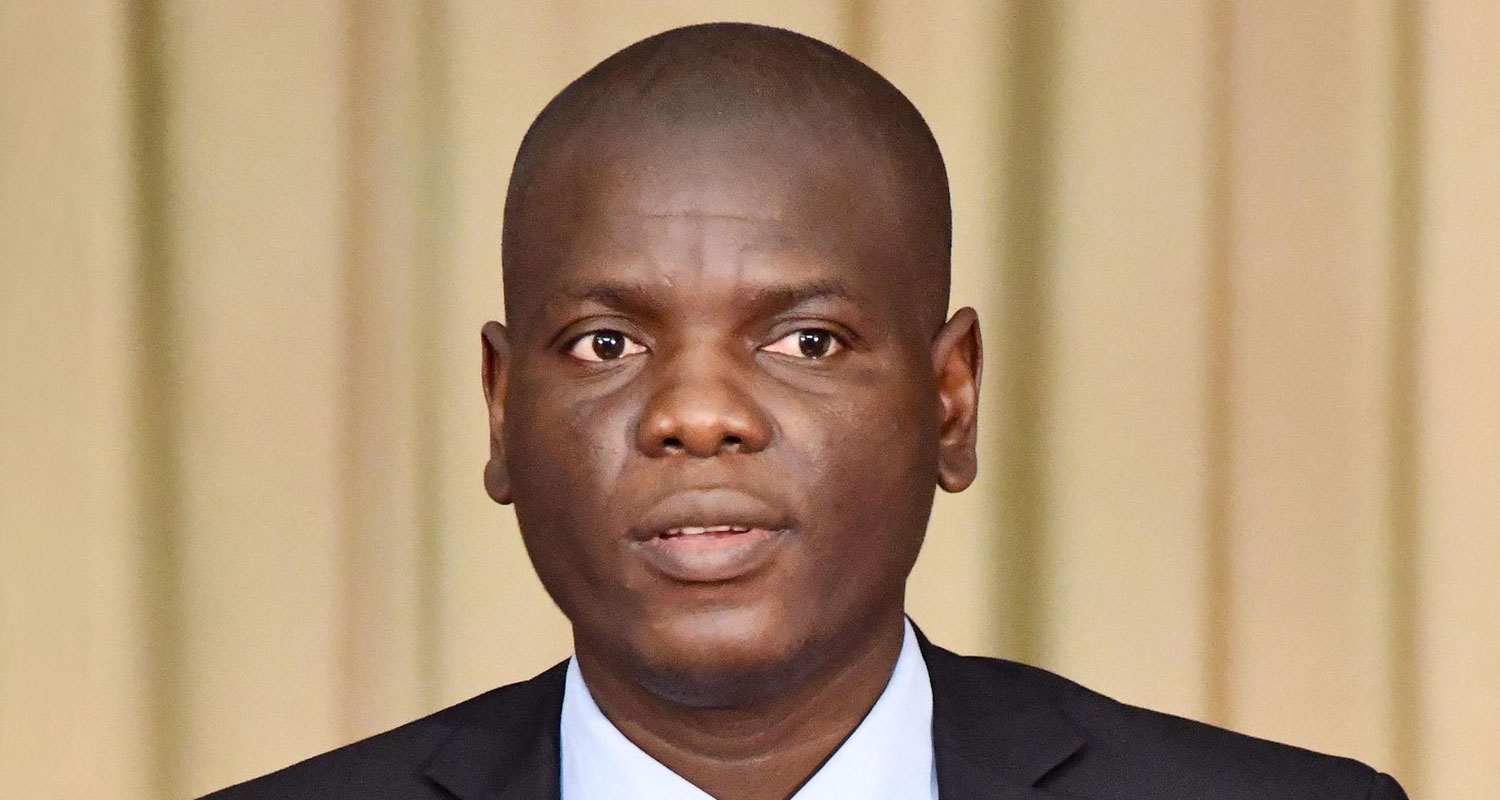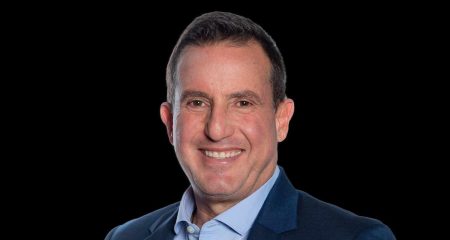
South Africa’s energy insecurity presents the biggest risk to the ANC’s prospects of winning this year’s election, justice minister Ronald Lamola said.
The country has battled a 15-year power crisis that’s left the nation without electricity for up to 12 hours a day. It’s crippled the economy and will be top of mind for voters when they head to a general election later this year, which marks the third decade that the ANC has been in power.
Lamola, a member of the ANC’s national executive committee, said the party is keenly aware of the risk posed by unreliable power to its prospects in the election. President Cyril Ramaphosa has yet to proclaim a date for the vote, which must take place by mid-August.
“Electricity affects everything, economic growth, our ability to create jobs — all of that is dependent on electricity,” Lamola said in an interview in Johannesburg on Friday. Stabilising supply before the vote is the top concern of the ANC, he said.
Lamola said the party has taken the matter of addressing the power crisis seriously through the appointment of an electricity minister, bringing more renewable energy to the grid, and the appointment last month of a new CEO at state-owned Eskom.
The ANC is more vulnerable at the polls than it has been since the end of apartheid in 1994, when the party first came to power. Trust in the ANC has been eroded by poor governance of state-owned companies, rampant corruption, and the deteriorating delivery of services like water supply, road maintenance and policing.
Corruption
Another concern of the party is the issue of corruption, Lamola said. A lack of prosecutions of officials suspected of taking part in graft, particularly for complex financial crimes, led the Financial Action Task Force to add South Africa to its so-called greylist last year.
The addition followed an era of endemic corruption — referred to locally as state capture — during former President Jacob Zuma nine-year rule that’s estimated to have seen the looting of at least R500-billion of taxpayer funds. Its inclusion on the greylist requires that financial transactions with a South African component are subject to enhanced due diligence.
Read: ‘Hacking the electorate’: the tech threat to the 2024 election
Lamola said progress has been made in bringing to book those accused of corruption, and that the delays are partly due to court processes being necessarily slow in order to protect the rights of those brought before them.
“We have put resources to respond to the corruption question, we have spent billions of rands on the commission looking into state capture,” he said. — S’thembile Cele and Ntando Thukwana, (c) 2024 Bloomberg LP




